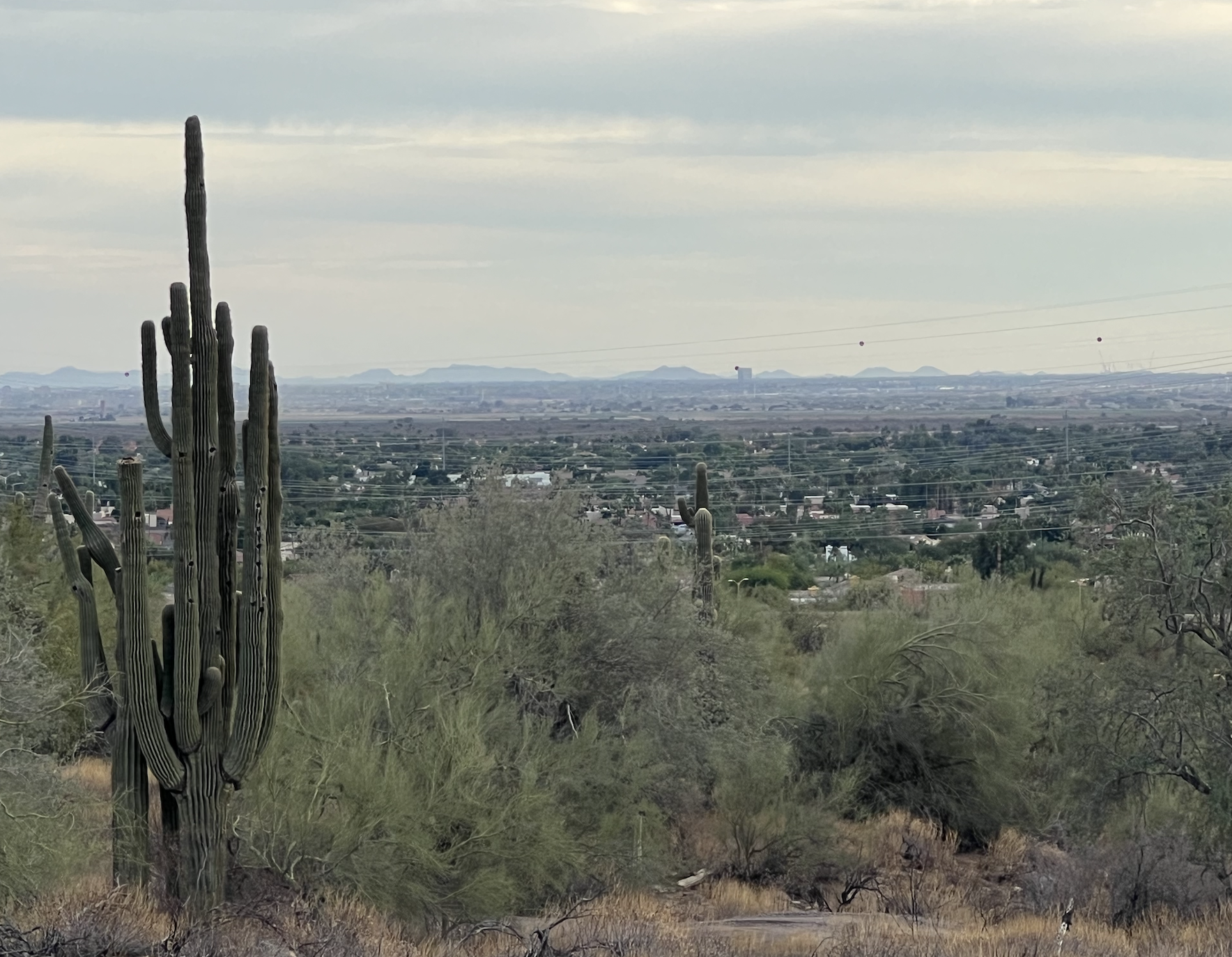One of the people that has taught me the most about the value of pause is Ann Linnea. Ann and I have known and appreciated each other for the last twenty years. She is cofounder of PeerSpirit and The Circle Way. She is author of books about nature, rites of passage, wilderness quests, and of course, circle. She is a good soul whose very pace of being can’t help but still the soul.
In the tradition that is The Circle Way, the pause is an essential agreement. “We agree from time to time to pause to regather our thoughts and our focus.” Often this is done with the ringing of a bell, bowl, or tingsha. I can hear Ann’s voice as clearly in my mind as I can anyones, her speaking after the pause — “I asked for the bell to give us a deliberate pause in our good thinking that is now becoming quite speedy. I want to feel deeply what is being spoken.”
Another person I’ve learned a lot about pause from is Roq Gareau. Roq is as smart and thoughtful as they come. He has “elder” written all over him. He is in his early 40s. And he is the kind of elder that I uniquely enjoy — he can turn to playful in a heartbeat. Roq is one of the most kind people I know that can come from deep eldering.
Roq has taught me about a form of pause, interruption. It’s related to pause, but different. It’s not the interruption of speaking over top of someone. It’s not the rude kind (though I get that this is sometimes needed). It’s the wise kind. I’ve often heard Roq revere interruption, in a way that continues to reverberate with me, “Our work is to interrupt the pattern of isolation that we find ourselves defaulted to in contemporary society.” This wisdom in Roq’s words is not about what follows the interruption. It’s not that level of specificity — not yet. His words are about the simple act of interrupting. Stopping. Daring to let go of the default. Taking a walk. Letting it go for a while. Interrupting physical, emotional, neural entrainment. Getting out of the deep carve.
Both pause and interruption are deep principles to me. They are practices, perhaps more understood by elders and people with eldering instinct. Pause isn’t paralysis. It isn’t freeze with fear. Pause and interruption are goto steps for me when I don’t know what to do, or when a group doesn’t know what to do. The are invitations to reground, and to trust in something less visible and less obvious. Pause and interruption challenge me, and I believe all of us, to go beyond the highly revered “doing” that contemporary culture so often demands (because there are deadlines to meet, right). Pause and interruption have a deep trust behind them, which is a rather good pattern to reinvoke in ourselves, with each other, and in the groups that we live and love our lives in, no?
